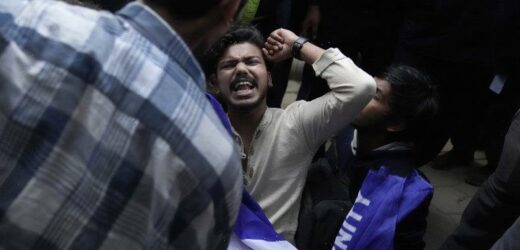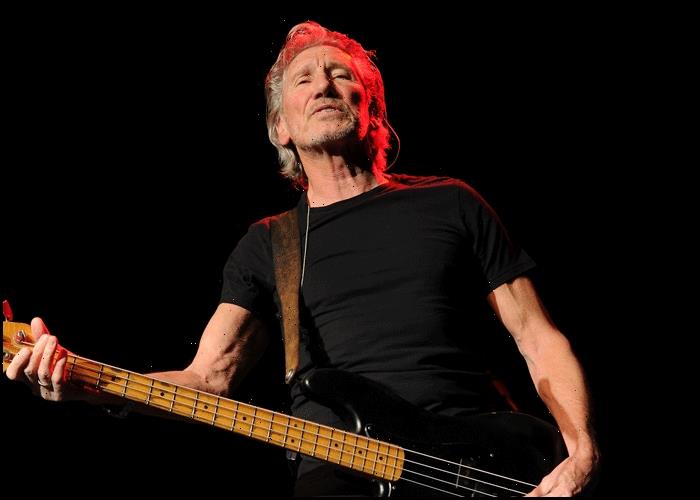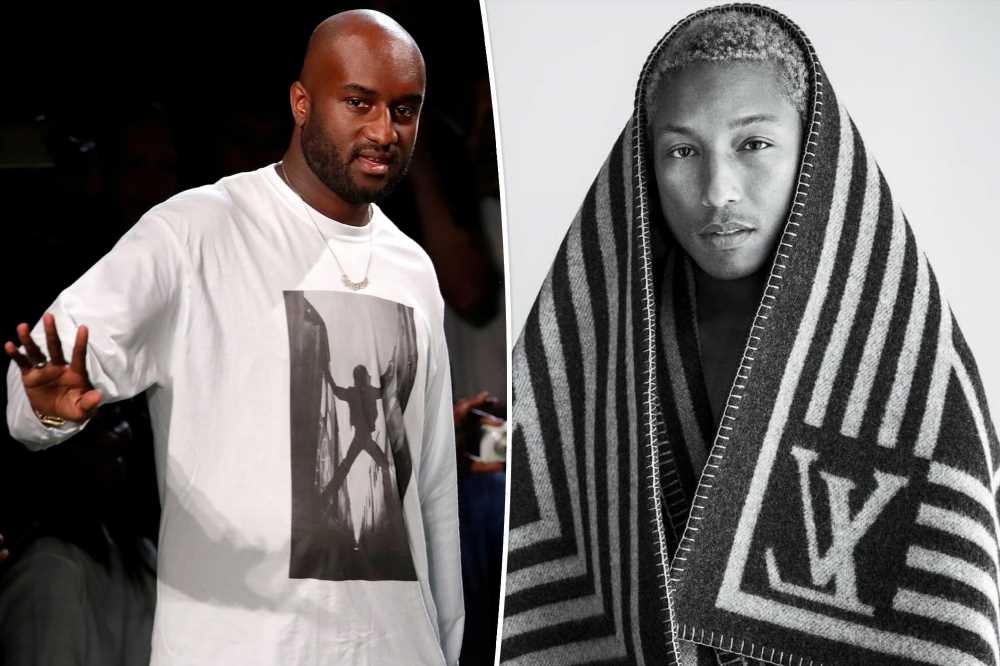Delhi: India’s tax officials searched BBC offices in Delhi and Mumbai on Tuesday, weeks after it aired a documentary critical of Prime Minister Narendra Modi in the UK, the broadcaster said.
Rights groups and opposition politicians denounced the move by India’s Income Tax Department as an attempt to intimidate the media.
A student resists being escorted out of the campus at Delhi University, after a student group said it planned to screen a banned documentary that examines Indian Prime Minister Narendra Modi’s role during the 2002 anti-Muslim riots.Credit:AP
Britain’s publicly funded national broadcaster said it was cooperating fully with authorities and hoped “to have this situation resolved as soon as possible.” Late in the evening, the BBC said officials were still at the two offices.
“Many staff have now left the building but some have been asked to remain and are continuing to cooperate with the ongoing inquiries,” it said, adding: “Our output and journalism continues as normal.”
Indian tax authorities declined to comment.
The tax department was looking at documents related to the BBC’s business operations and its Indian arm, the Press Trust of India news agency reported, citing unidentified sources.
The show in question was broadcast in the UK.Credit:AP
The Editors Guild of India denounced the move, saying it continues “a trend of using government agencies to intimidate and harass press organisations that are critical of government policies or the ruling establishment.”
Aakar Patel, chair of Amnesty International India’s Board, said the raids were “a blatant affront to freedom of expression”.
“The Indian authorities are clearly trying to harass and intimidate the BBC over its critical coverage of the ruling Bharatiya Janata Party,” Patel said.
The investigation is “undemocratic” and “reeks of desperation and shows that the Modi government is scared of criticism,” tweeted K.C. Venugopal, general secretary of the opposition Congress party. “We condemn these intimidation tactics in the harshest terms.”
The BBC documentary examined Narendra Modi’s role in 2002 anti-Muslim riots.Credit:Bloomberg
Gaurav Bhatia, a spokesperson for Modi’s governing Bharatiya Janata Party, said the BBC should have nothing to fear if it follows Indian laws. But he added that the broadcaster’s history is “tainted” and “full of hatred” for India and called it corrupt, without offering any specifics.
The documentary, India: The Modi Question, was broadcast in the UK last month, examining the prime minister’s role in 2002 anti-Muslim riots in the western state of Gujarat, where he was chief minister at the time. More than 1000 people were killed in the violence.
Modi has denied allegations that authorities under his watch allowed and even encouraged the bloodshed, and the Supreme Court said it found no evidence to prosecute him. Last year, the court dismissed a petition filed by a Muslim victim questioning Modi’s exoneration.
The second portion of the two-part documentary examined “the track record of Narendra Modi’s government following his re-election in 2019,” according to the BBC website.
The program drew an immediate backlash from India’s government, which invoked emergency powers under its information technology laws to block it from being shown in the country. Local authorities scrambled to stop screenings organised at Indian universities, and social media platforms including Twitter and YouTube complied with government requests to remove links to the documentary.
Critics and political opponents decried the ban as an assault on press freedom. The BBC said at the time that the documentary was “rigorously researched” and involved a wide range of voices and opinions.
“We offered the Indian Government a right to reply to the matters raised in the series — it declined to respond,” its statement said.
India’s Foreign Ministry called the documentary a “propaganda piece designed to push a particularly discredited narrative” that lacked objectivity.
Many lawmakers from Modi’s party criticised it as an attack on the country’s sovereignty. Last week, Hindu right-wing nationalists petitioned the Supreme Court for a complete ban on the BBC. The court dismissed their plea, calling it “absolutely meritless.”
Human Rights Watch has said the banning of the documentary reflects a broader crackdown on minorities under the Modi government, which the rights group said has frequently invoked draconian laws to muzzle criticism. In recent years, India’s Muslim minority has been the target of violence from Hindu nationalists emboldened by a prime minister who has said little about such attacks since he was first elected in 2014.
Press freedom in India has been on a steady decline in recent years. The country fell eight places, to 150 out of 180 countries, in the 2022 Press Freedom Index published by Reporters Without Borders.
Media watchdog groups accuse the Modi government of silencing criticism on social media under a sweeping internet law that puts digital platforms including Twitter and Facebook under direct government oversight.
Some media outlets critical of the government have been subjected to tax searches.
Authorities searched the offices of the left-leaning website NewsClick and independent media portal Newslaundry on the same day in 2021.
Tax officials also accused the Dainik Bhaskar newspaper of tax evasion in 2021 after it published reports of mass funeral pyres and floating corpses that challenged the government’s handling of the COVID-19 pandemic. In 2017, the government’s investigation bureau said it was probing cases of loan defaults when it raided the offices of New Delhi Television, known for its liberal slant.
AP
Get a note directly from our foreign correspondents on what’s making headlines around the world. Sign up for the weekly What in the World newsletter here.
Most Viewed in World
From our partners
Source: Read Full Article





